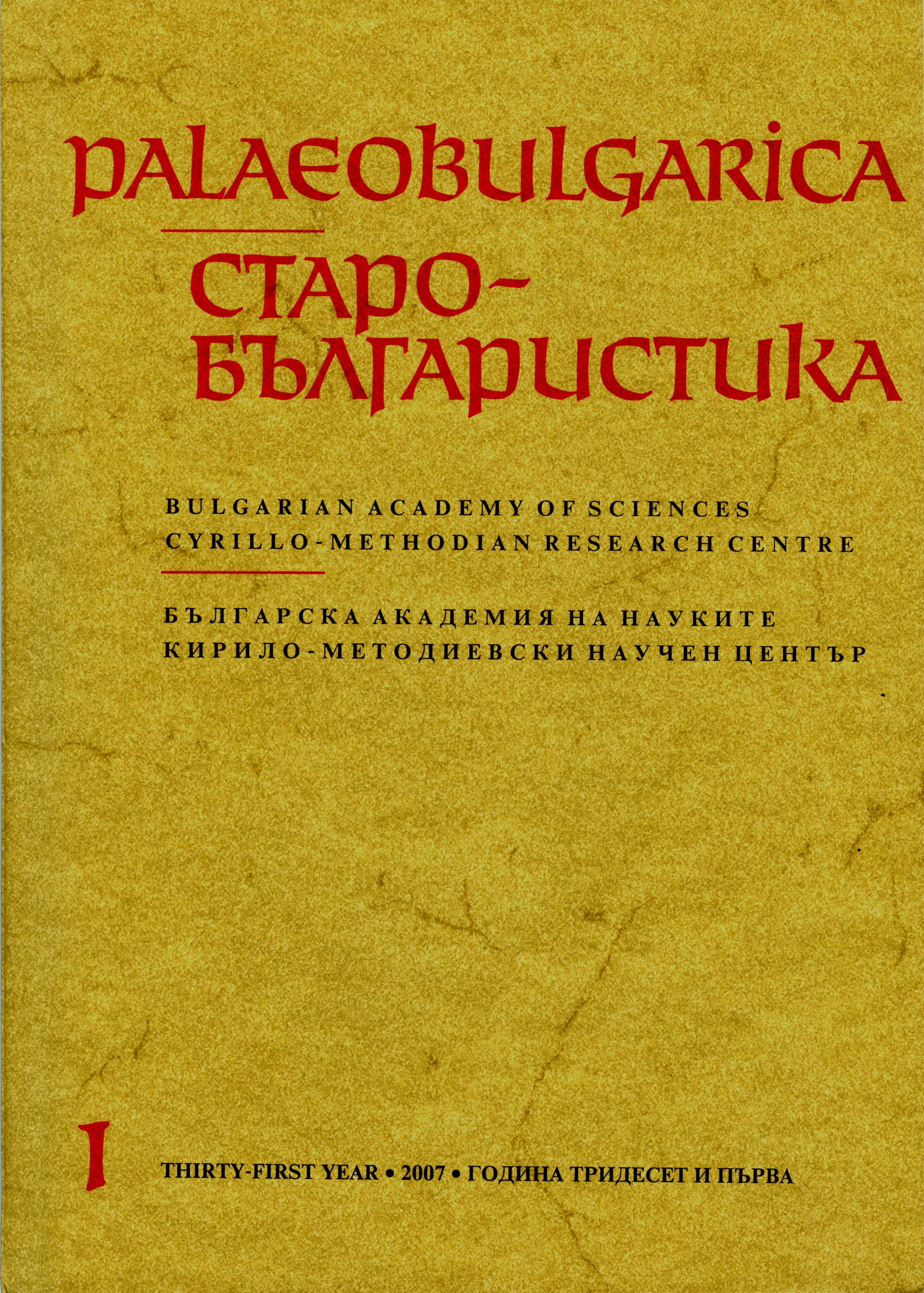По следите на един недоказан словообразувателен модел
An Attempt to Trace a Hypothetical Derivational Pattern
Author(s): Albena StamenovaSubject(s): Language studies
Published by: Кирило-Методиевски научен център при Българска академия на науките
Summary/Abstract: The article questions the existence of the suffix -оща in the Old Bulgarian language. This hypothetical suffix is to be met with in only two words known from the Old Bulgarian manuscripts – namely the words радоща and лѣпоща. These words are recorded only in their plural form – the first is attested in the instrumental and the second in the dative case. Concerning the word радоща т there are two possible explanations available. The first one is the assumption of an autonomous suffix -ощи in the meaning of an adverb. The second one takes into account the existence of words with -ощи in old East Slavonic texts, as well as the contemporary pluralia tantum in the Ukrainian language with the suffix -oщi (pado oщi, любoщi, лас oщi etc.), deriving the hapax legomenon радощами from * радощи, not радоща. As far as the word лѣпоща is concerned it is assumed that it represents a hypercorrect form of the word лѣпота.
Journal: PALAEOBULGARICA / СТАРОБЪЛГАРИСТИКА
- Issue Year: 2007
- Issue No: 1
- Page Range: 65-76
- Page Count: 15
- Language: Bulgarian
- Content File-PDF

